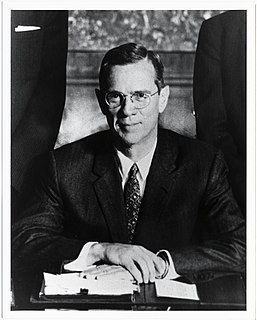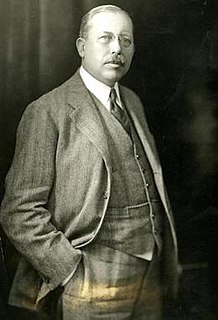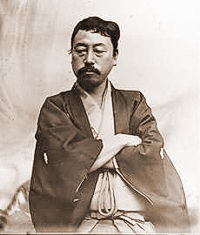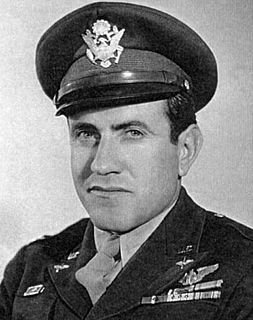A Quote by William McChesney Martin
Too many of our prejudices are like pyramids upside down. They rest on tiny, trivial incidents, but they spread upward and outward until they fill our minds.
Related Quotes
Our minds thus grow in spots; and like grease-spots, the spots spread. But we let them spread as little as possible: we keep unaltered as much of our old knowledge, as many of our old prejudices and beliefs, as we can. We patch and tinker more than we renew. The novelty soaks in; it stains the ancient mass; but it is also tinged by what absorbs it.
Rest is a decision we make. Rest is choosing to do nothing when we have too much to do, slowing down when we feel pressure to go faster, stopping instead of starting. Rest is listening to our weariness and responding to our tiredness, not to what is making us tired. Rest is what happens when we say one simple word: “No!
For life is an expression, our unconscious actions the constant betrayal of our innermost thought. Perhaps we reveal ourselves too much in small things because we have so little of the great to conceal. The tiny incidents of daily rouitine are as much a commentary of racial ideas as the highest flight of philosophy or poetry.
I would like to suggest that our minds are swamped by too much study and by too much matter just as plants are swamped by too much water or lamps by too much oil; that our minds, held fast and encumbered by so many diverse preoccupations, may well lose the means of struggling free, remaining bowed and bent under the load; except that it is quite otherwise: the more our souls are filled, the more they expand; examples drawn from far-off times show, on the contrary, that great soldiers ad statesmen were also great scholars.

































